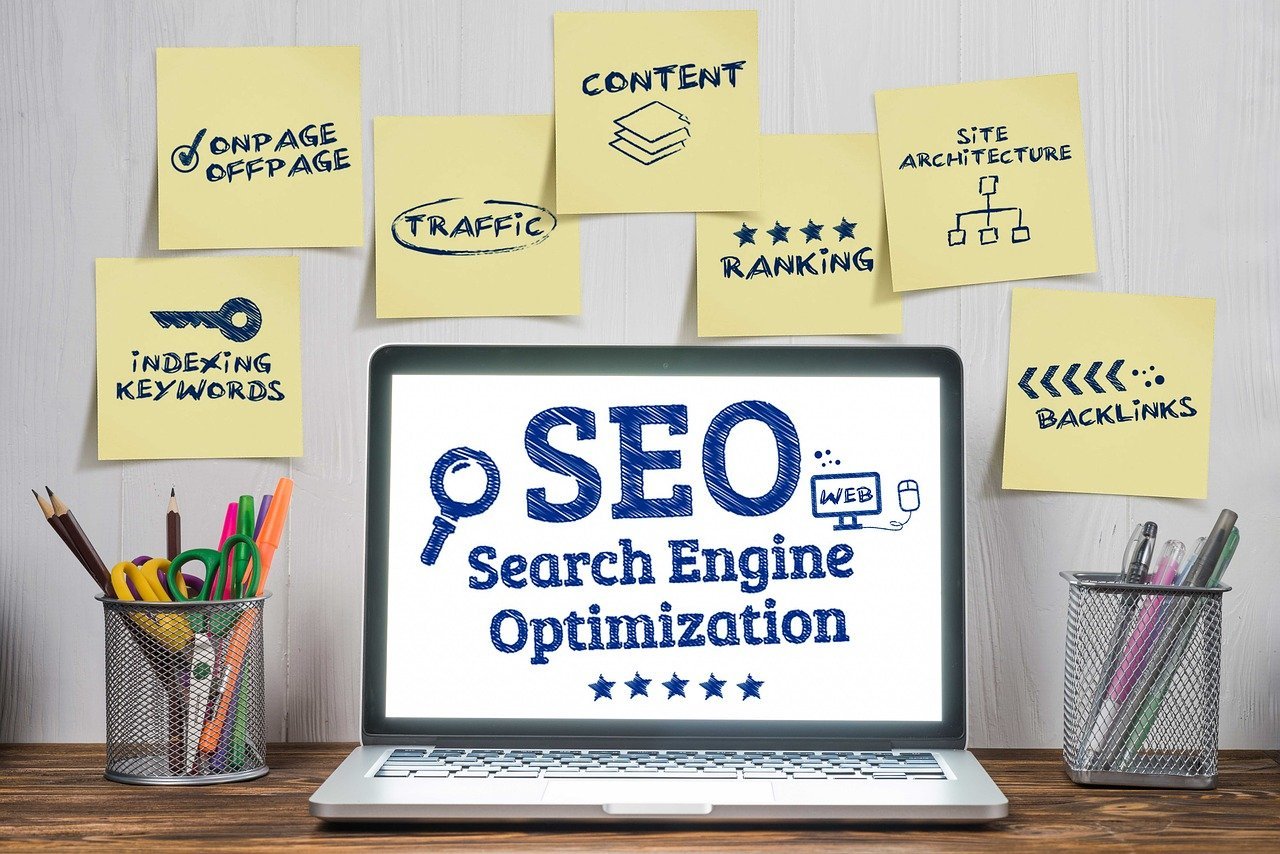When a user keys in a local search on Google, the results on the SERP will have all the necessary details of businesses in that geographical location. There is no need to visit its website.
Because of this, local SEO helps customers find information about your business effortlessly and quickly, thus driving them closer to making a transaction.
Local SEO is particularly crucial for experience companies since people usually book experiences when already in a given location.
For example, the search for hiking tours and local cuisine cooking classes will likely be performed by someone already in the region.
Therefore, if expert SEO services optimize your experience business for local SEO, there is a bigger chance that your information will appear on top of search results. This allows you to get more bookings.
1. Do your keyword research
In any search engine optimization process, keyword research is fundamental. This will include local SEO.
For your experience business to be optimized for local SEO, your keywords need to be relevant to what people would search for when looking for the services you provide.
As mentioned previously, local search keywords are typically a combination of service, product, and location. These are known as geo-targeted words. Examples are the following:
- Sailboat tour in Sydney
- Food tour in Perth
The second type of keywords for local search is near me searches, such as the following:
- Wine tour near me
- Biking tour near me
Finally, another crucial type of keyword that is good for local SEO is voice-activated local search. Statistics show that more and more people are accessing voice-enabled devices such as smartphones, Amazon Echo, and Amazon Alexa.
2. List and optimize your GMB account
Google My Business or GMB creates a business profile on Google maps as well as Google search pages.
GMB is an essential factor that can help your services rank for local search.
It would help if your expert SEO services made sure that your GMB is accurate and stands out. You will first need to sign up for a Google account then register your business. From there, you can fill in your business details.
3. Post quality content regularly
When working on the local SEO of your business’ website, you must create quality content related to local issues. This effort will go a long way in boosting your rankings for a specific geolocation.
Quality content is relevant, well-researched, and engaging.
Moreover, the content should relate to local events to hold your local client’s attention. For example, you can feature local news or happenings, especially in the travel and tourism industry.
Although you are focusing on local SEO, consider that all the conventional on-page SEO practices for each of your web pages are critical and should be applied.
Also read: Why you Should Outsource all your eCommerce Web Development
4. Leverage the influence of online business directories for local citations
One advantage of getting listed on online business directories is that it can considerably improve your business’s visibility.
Moreover, having consistent citations validates to Google that your experience business is legitimate and the information you offer is accurate, which can boost your rankings on local search results.
Local SEO is critical to experience companies that offer geo-specific services. Make sure you apply robust local SEO strategies to enable potential customers to discover and transact with you.
